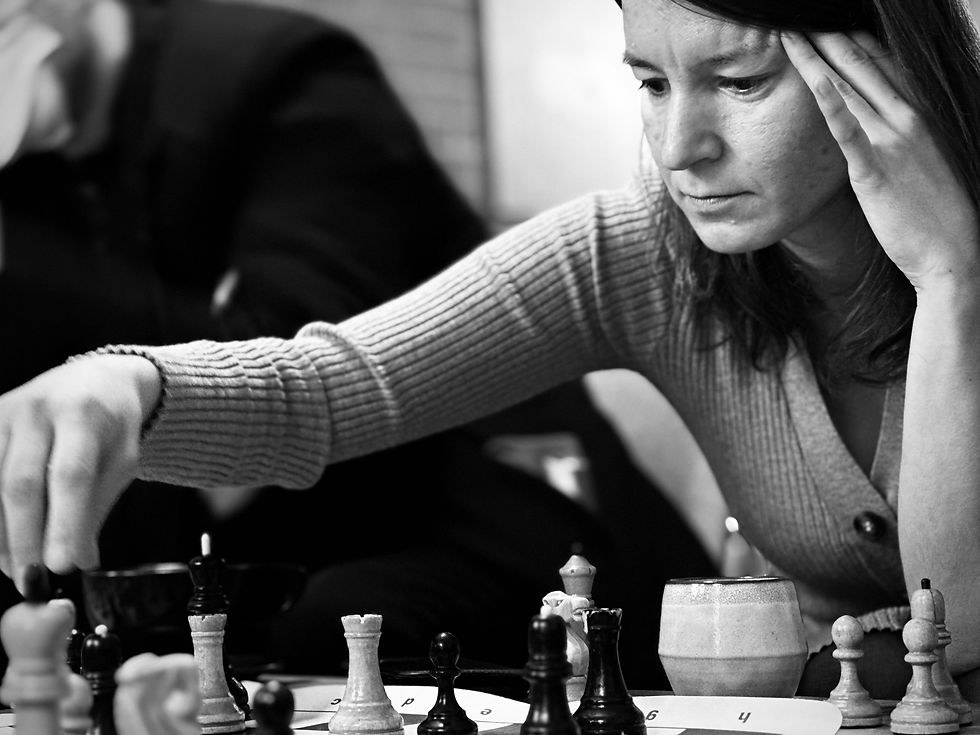Chess Unleashed: The Art of Confident Checkmates
- theknightchessacademy
- Jan 31, 2024
- 2 min read
Chess, often referred to as the "game of kings," is a complex and strategic battle of minds. It requires intellect, foresight, and a deep understanding of the game's intricacies. While mastering the rules and tactics is essential, there's an often-overlooked element that plays a crucial role in a player's success – confidence. In this blog, we'll explore the symbiotic relationship between confidence and playing chess, delving into why a confident mindset is a key component of a successful chess strategy.
The Mental Game of Chess:
Chess is not just a physical game played on a board; it is equally a mental game fought within the confines of one's own mind. The moves made on the board are a reflection of a player's thought process, decision-making, and overall mental acuity. Confidence, in this context, serves as the catalyst that propels a player's mind to explore creative and daring strategies, leading to success on the chessboard.

1. Decision-Making and Risk-Taking:
Confidence empowers chess players to make bold decisions and take calculated risks. As the legendary Bobby Fischer once said, "Chess is 99 percent tactics." A player who believes in their abilities is more likely to venture into uncharted territories, trying unconventional moves that may catch opponents off guard.
2. Resilience in the Face of Adversity:
Chess, like life, is filled with setbacks and challenges. Viswanathan Anand, a former World Chess Champion, emphasizes the importance of resilience, stating, "You have to believe in yourself even when no one else does." Confidence enables a player to handle adversity, recover from a blunder, and find opportunities for a comeback.
3. Maintaining Focus and Composure:
Confidence plays a crucial role in maintaining focus during a chess game. Anatoly Karpov, another chess legend, once remarked, "Chess is everything: art, science, and sport." In the heat of battle, with the clock ticking down, a confident player is less likely to succumb to pressure or panic, staying composed and focused on the game.

4. Psychological Warfare:
Chess is not just about the physical moves on the board; it involves a psychological battle between opponents. Garry Kasparov, widely considered one of the greatest chess players ever, noted, "Chess, like love, like music, has the power to make men happy." A confident player can use their demeanor and body language to project strength, potentially influencing their opponent's mindset.
Conclusion:
In the intricate dance of chess, confidence emerges as a silent yet powerful partner. It shapes a player's approach to the game, influencing decision-making, risk-taking, and resilience. Confidence is not just about arrogance; it's about self-belief and the conviction that one can navigate the challenges of the chessboard.
As aspiring chess players, let us heed the wisdom of grandmasters – from Fischer's emphasis on tactics to Anand's call for self-belief, Karpov's recognition of chess as a multifaceted pursuit, and Kasparov's acknowledgment of its power to bring joy. Recognizing the importance of cultivating confidence alongside mastering the technical aspects of the game, we can strive for excellence on the chessboard and in the broader game of life. After all, on the chessboard as in life, confidence can be the difference between a checkmate and a stalemate.



Comments